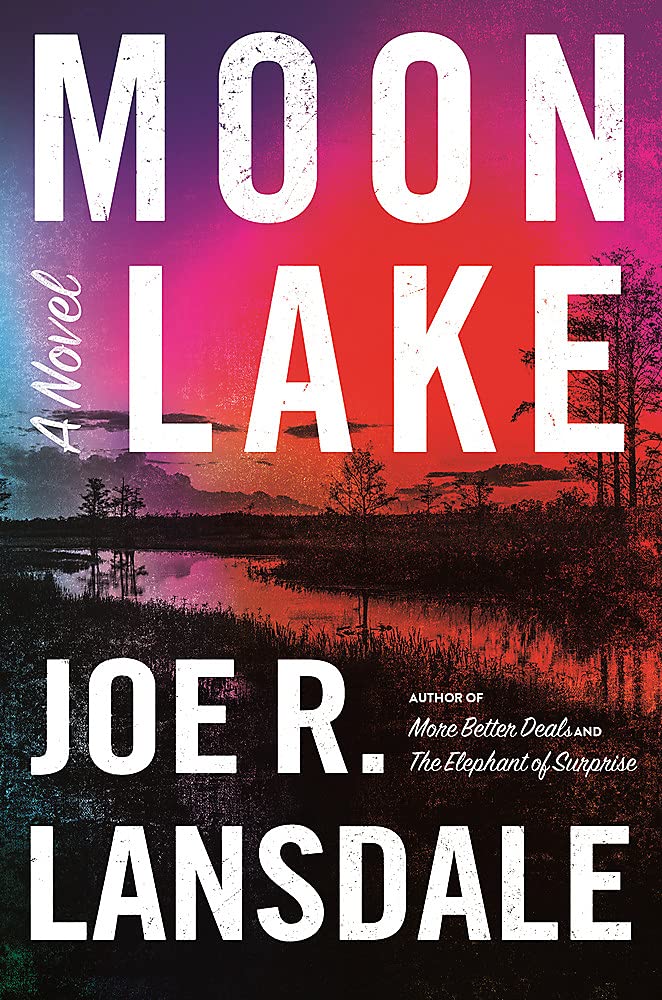
In our afternoon reading: thoughts on Joe R. Lansdale’s new book, an interview with Alex DiFrancesco, and more.
Morning Bites: Alex DiFrancesco Fiction, Kiese Laymon, Rajiv Mohabir Interviewed, Rose City Band, and More
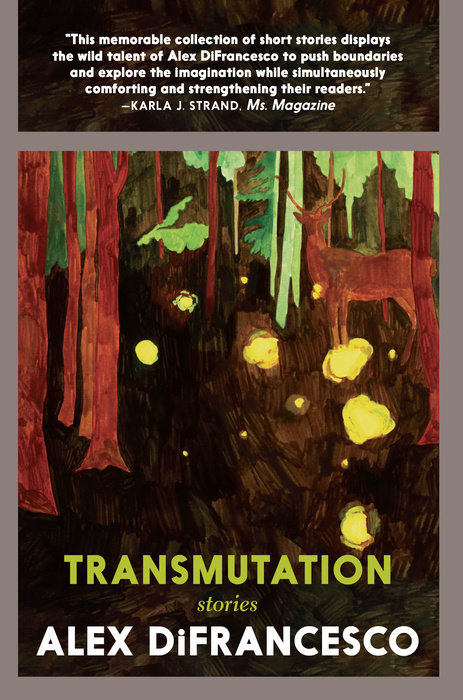
In our morning reading: fiction by Alex DiFrancesco, thoughts on Kiese Laymon’s writing, and more
Weekend Bites: Kiese Laymon’s Recommendations, Janet Malcolm’s Legacy, Alex DiFrancesco Interviewed, and More
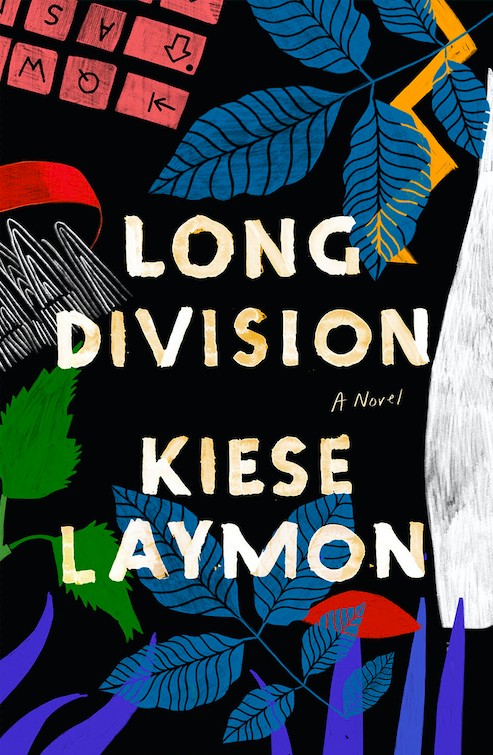
In our weekend reading: book recommendations from Kiese Laymon, an interview with Alex DiFrancesco, and more.
Morning Bites: Alex DiFrancesco’s Collection, Don Cherry’s Discography, Brenda Peynado’s Latest, and More

In our morning reading: reviews of books by Alex DiFrancesco and Brenda Peynado, revisiting the music of Don Cherry, and more.
Afternoon Bites: Alexandra Kleeman Interviewed, 1000 Words of Summer, Nebula Award Winners, and More
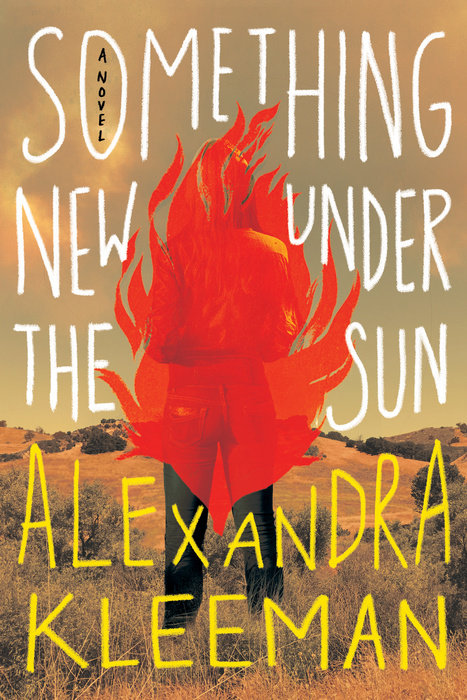
In our afternoon reading: an interview with Alexandra Kleeman, book recommendations from Alex DiFrancesco, and more.
Vol. 1 Brooklyn’s June 2021 Book Preview
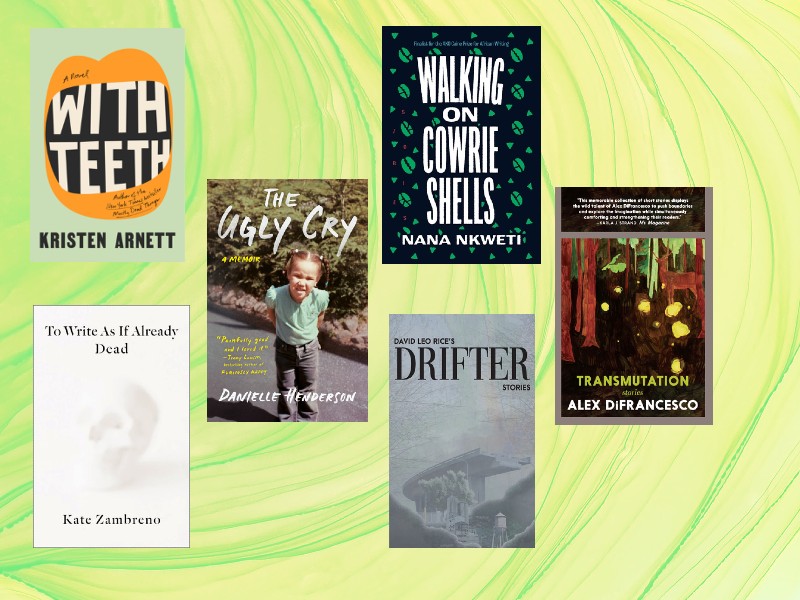
June’s here and it’s suddenly turned humid in our corner of the world. This isn’t all that surprising, but — for those who saver milder temperatures — it’s not exactly the best thing ever. And so, perhaps, it’s time to dub our June reads as ideal for reading in an air-conditioned room somewhere, or perhaps situated by a breezy outdoor spot. These books cover a lot of ground, from haunting memoirs to phantasmagorical fiction, as befits a time of constant change.
Currents, an Interview Series with Brian Alan Ellis (Episode 40: Alex DiFrancesco)
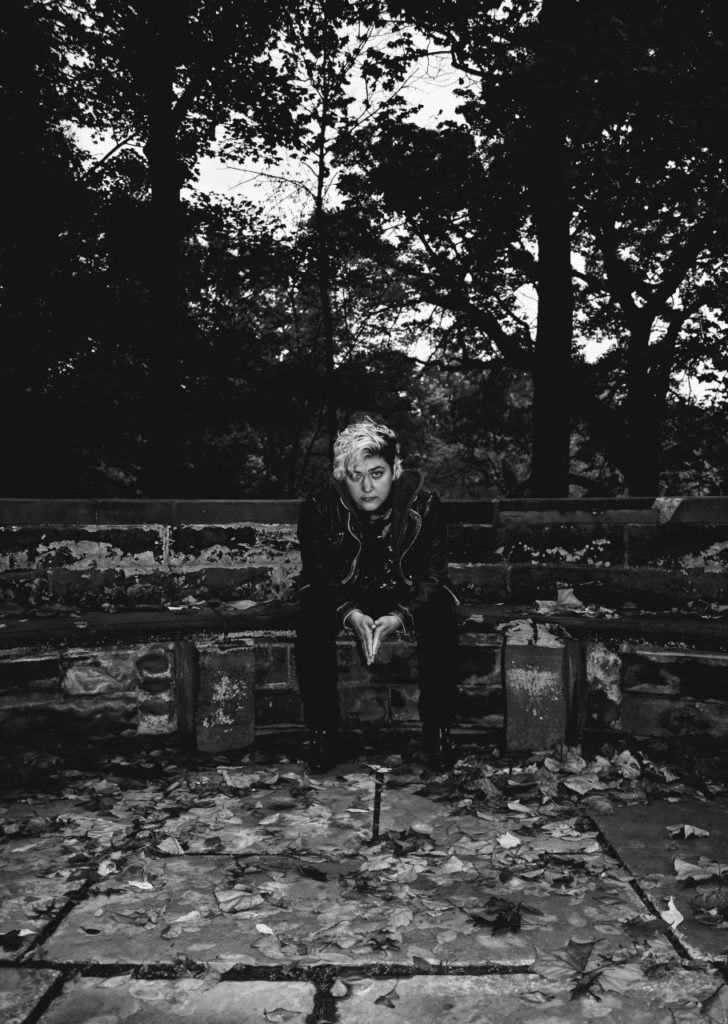
ALEX DIFRANCESCO is a multi-genre writer who has published work in Tin House, The Washington Post, Pacific Standard, Vol. 1 Brooklyn, The New Ohio Review, Brevity and more. In 2019, they published their essay collection Psychopomps (Civil Coping Mechanisms Press) and their novel All City (Seven Stories Press), which was a finalist for the Ohioana Book Awards. Their short story collection Transmutation (Seven Stories Press) is forthcoming in 2021. They are the recipient of grants and fellowships from PEN America and Sundress Academy for the Arts, and serve as an assistant editor at Sundress Publications.
Morning Bites: Jeff VanderMeer Interviewed, Mairead Case, Philip K. Dick Award Winners, Alex DiFrancesco, and More

In our morning reading: interviews with Jeff VanderMeer and Mairead Case, thoughts on Alex DiFrancesco’s forthcoming collection, and more.
